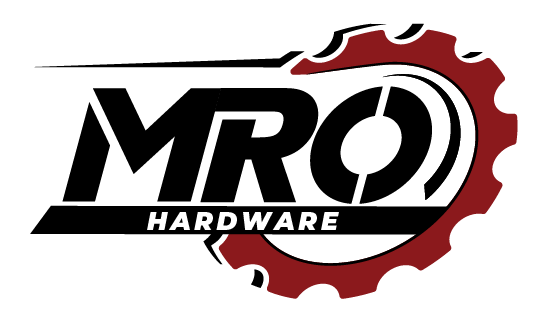Selecting the proper fasteners can make or break a project in DIY, carpentry, or construction. From woodworking to large-scale construction projects, understanding the function and benefits of bolts, screws, nails, and other fasteners is essential. Choosing the right fasteners involves evaluating project requirements and considering factors like environmental conditions and material compatibility.

We can enhance the durability and stability of our projects by prioritizing material strength and type. Fasteners are not just a minor detail; their role in construction projects is crucial for ensuring the longevity and safety of our work. With many options available, knowing the key differences and best applications for each type can improve project outcomes significantly.
Considering the project’s specific needs, such as weight support or environmental conditions, guides us to choose appropriate fasteners. Whether it’s for lightweight DIY projects or demanding construction tasks, knowing the purpose and material characteristics leads to better decision-making. Ensuring we choose high-quality fasteners strengthens the integrity of our builds and fosters successful project completion.
Determining the Right Fasteners for Different Materials
Selecting the appropriate fasteners depends heavily on the materials involved and environmental factors. We must consider compatibility with various materials, such as wood, steel, and plastics, and assess environmental influences like moisture and corrosion.
Compatibility with Wood, Steel, Aluminum, and Plastic
Different materials require specific fasteners to ensure durability and proper function. For woodworking projects, wood screws provide a strong hold. They are designed with wider threads to grip the wood firmly. When working with steel, we prefer bolts or steel screws due to their strength and load-bearing capacity. Stainless steel fasteners offer excellent resistance to corrosion, making them suitable  for outdoor steel applications.
for outdoor steel applications.
Aluminum structures, lighter and more flexible, benefit from aluminum or coated fasteners to prevent a corrosive reaction.
For plastic, choosing fasteners that avoid material cracking or deformation is essential. Self-tapping screws, for example, work well with plastic, as they create threads while driven in, ensuring a tight fit.
Evaluating Environmental Factors Influencing Fastener Selection
Environmental conditions substantially impact fastener performance and longevity. In moist environments, using galvanized screws or fasteners with corrosion-resistant coatings is crucial. These protect against rust and maintain structural integrity over time.
Stainless steel is another excellent choice under conditions prone to rust and corrosion, such as coastal areas or industrial settings. In environments with fluctuating temperatures, fasteners need to withstand thermal expansion and contraction. Material compatibility is essential to avoid failure from stress fractures. By evaluating these factors, we can ensure that the fasteners chosen meet project requirements and maintain their durability over time.
Understanding Fastener Specifications and Application
Selecting the right fasteners, such as screws, bolts, and nails, requires knowledge of size, strength, and compatibility with specific project needs. We must consider factors like tensile strength and thread type to ensure durability and safety.
Deciphering Sizes, Strength, and Thread Types
In determining fastener size, we typically consider diameter for bolts and screw length. For example, bolt sizes can vary based on project requirements, such as decking or roofing. Tensile strength is crucial when choosing fasteners for load-bearing applications like framing and subflooring.
Thread types, either coarse or fine, affect grip and compatibility. Coarse threads are generally better for DIY projects due to easier engagement, while fine threads provide better strength for industrial applications. Correct thread engagement improves holding power. Industry standards, such as gauge and thread pitch, also guide our fastener selection for optimal performance.
Selecting Fasteners for Specific Projects
Fasteners must align with the demands of specific projects. For example, decking projects benefit from corrosion-resistant screws to withstand outdoor conditions. Drywall installations require screws with a fine thread to avoid damaging the wall material.
In furniture assembly, we use nuts and bolts for sturdy connections, while anchors are vital for securing items to masonry surfaces. For roofing, nails with washers help mitigate water intrusion. Each project’s unique needs dictate fastener type and specifications, ensuring a robust and long-lasting build. By focusing on these factors, we ensure that our chosen fasteners deliver the required strength and stability.

